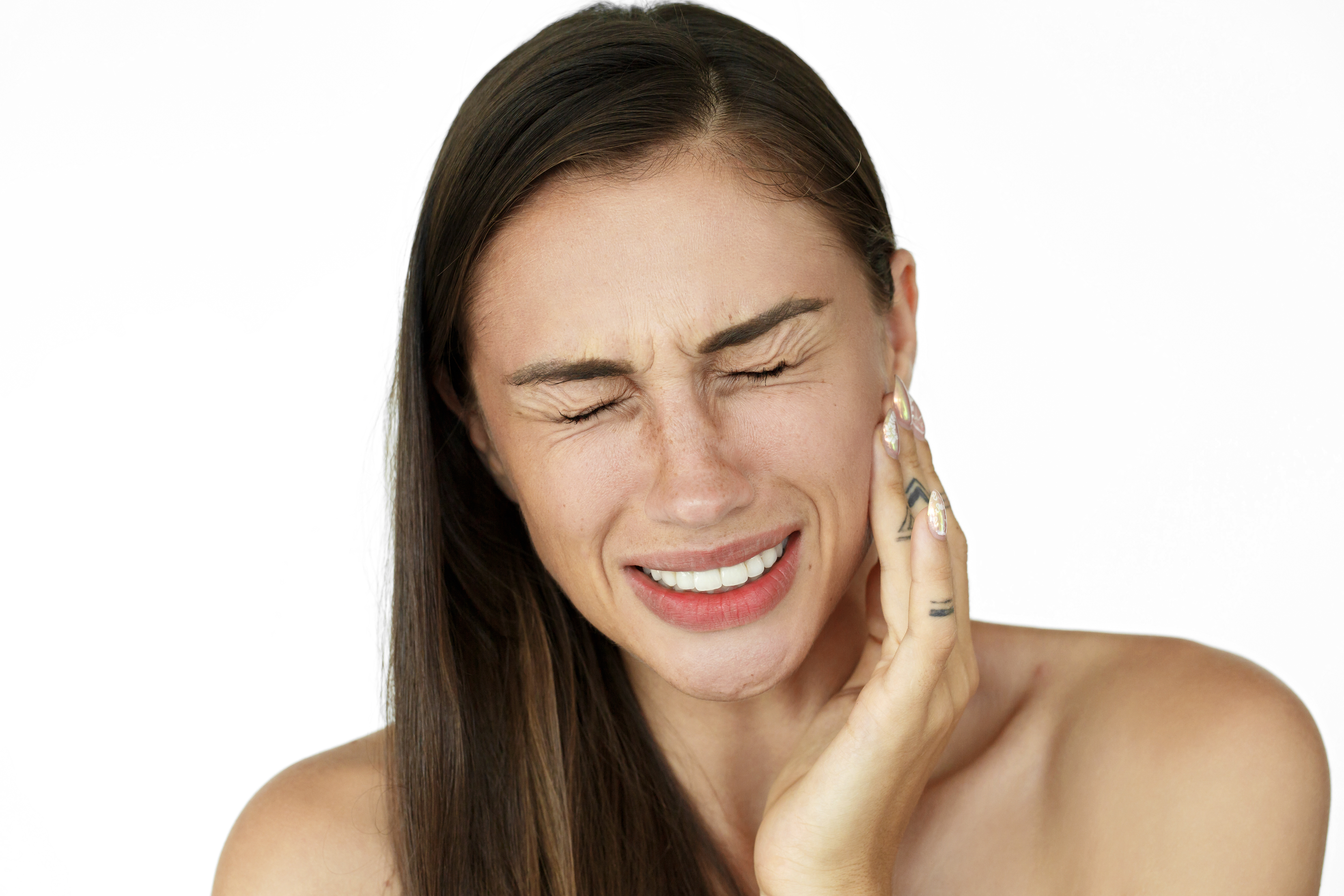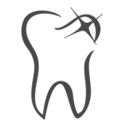
VISITING HOURS:
Week Days - 9 am to 8 pmSundays - Only Emergency Cases
Teeth Sensitivity: Symptoms, Causes and Treatments
Teeth sensitivity is also known as ‘dentin hypersensitivity’, and it can cause shooting pain, which goes right down the affected tooth/teeth. The condition can cause severe discomfort and be extremely painful. Foods and drinks that you have had all your life can also trigger an episode. A glass of cold water, a hot beverage or soup, ice cream, sweets, and chocolates, to name a few, can all cause tooth sensitivity. In severe cases, chewing on regular food can cause the tooth to ache.
Generally, the pain is induced by the intake of cold, hot, and sweet foods. The excruciating pain can last a few seconds, or continue to throb a bit longer. Some people experience it intermittently, and may not necessarily feel pain on eating all the foods mentioned above. Some others suffer from a chronic problem, and they usually experience teeth sensitivity in more than one tooth.
Teeth sensitivity cannot be attributed to one single reason; several reasons can trigger the condition. In most cases, it is quite simple to treat sensitive teeth. Over the counter, toothpaste formulated for sensitive teeth works in eliminating pain. However, when sensitivity is felt in several teeth, and the pain is acute enough to disrupt a patient’s life, then it is advised that they visit a dental clinic. An examination is required to ascertain the cause before the treatment.
Symptoms of Teeth Sensitivity
Teeth sensitivity can come on suddenly, without any prior indications. Patients experience severe shooting pain on a tooth or several teeth when they consume a beverage or chew on food. The pain lasts for that moment – which means every time they eat or drink particular foods.

Foods that usually cause the teeth to pain are –
- Hot and cold beverages: tea, coffee, cold drinks, juice etc
- Hard foods like chikki, papad, and chewing bones can cause tooth sensitivity
- Sugary food: Chocolate, ice cream, sweets, and other desserts
- Sour foods: pickles, hot and sour sauces, chutneys etc.
- Cold air: breathing in cold air, through the mouth
- Brushing: the teeth might hurt when the toothpaste comes in contact with them
- Mouth wash: certain mouthwashes may also cause pain in teeth
- Chewing gum: taking chewing gum can sometimes be painful
The symptoms may vary from person to person, and not everyone has the same triggers or experience the same intensity of the discomfort. Some people can manage the pain, but they must see a dentist, to avoid further complications.
What Causes Sensitive Teeth?
Teeth sensitivity can be blamed on the natural wear and tear of the teeth. Sometimes, the tooth enamel thins down, leading to tooth sensitivity. Tooth enamel is the hard layer that covers and protects the teeth, acting as a shield.
The most common reasons for the wear and tear of the enamel are –
- Chewing on hard foods, such as ice and bones. This habit harms the enamel, accelerating the wear and tear
- Brushing too vigorously or using a hard toothbrush have the same effect on the enamel as chewing on hard food
- Using abrasive products such as charcoal or salt and lime, in the cleaning of the teeth
- Eating acidic foods, such as tamarind, lime, vinegar etc. and drinking carbonated and acidic beverages can soften the enamel, making you lose the protective covering
- Clenching teeth, also known as bruxism or teeth grinding during sleep damages the enamel
- Apart from the above, certain medical conditions are also known to hurt the enamel, causing the teeth to become sensitive. Acid reflux is one such condition that destroys tooth enamel.
- Acid reflux, also known as GERD, causes the stomach juices to move upwards, into the oesophagus. The stomach juices consist of Hydrochloric acid, which is very corrosive. When it enters the mouth, it causes the enamel to soften and get washed away. Frequent vomiting has a similar effect on the teeth because the stomach acids come up along with the vomit.
- Receding gums is another cause of the sensitivity of the teeth. As the gums recede, they expose the base of the teeth, which have no protective cover. That part of the teeth is delicate and causes severe pain when it becomes exposed and comes into contact with foods or liquids. Chipped, broken, and decayed teeth also cause teeth sensitivity, as do fillings and crowns that come off. That’s because the dentin becomes exposed.
- Individuals may also experience temporary sensitivity after dental work, that involves bleaching, removal of plaque, cleaning of teeth etc. However, it is not something to worry over, as the problem subsides on its own.
Treatments for Sensitive Teeth

Dental treatment in Kochi is the best option if you are looking for tooth sensitivity treatment in Kerala. Consulting a reputed dental clinic like Dentique, which boast of experienced and qualified dentists, and the state-of-the-art equipment that ensures the most desirable treatment. An experienced dentist examines the patient’s teeth to establish the cause of the sensitivity. Receding gums, dental caries and chipped and cracked teeth can be the cause for the problem. The dentist may take a dental X-ray to check if the tooth is infected, and continue treatment based on the results.
For mild sensitivity, dentists usually prescribe specially formulated toothpaste along with a medicated fluoride gel for local application. Additionally, they advise against using hard toothbrushes and consuming foods that aggravate the condition.
If the sensitivity is an extension of an underlying problem, the dentist will address those and suggest specific treatment. Diet management and lifestyle changes are recommended for the management of acid reflux. The dentist will carry out a surgical gum graft if they have receded too much; Alternatively, a bonding resin may be applied to the exposed area. Dentists usually prescribe dental sprays and gels to prevent further damage to the teeth. The use of mouthguards is recommended to those in the habit of grinding their teeth in their sleep. Dentique provides the best sleep apnea treatment in Kochi for those who are suffering from teeth grinding issues.
If none of the treatments is useful, the dentist may suggest a root canal. The procedure involves removing the dental pulp from the affected tooth and filling and capping it.
Talk to a dentist if you experience any of the following –
Difficulty in eating or drinking. You don’t have to bear the discomfort and pain. The dentist will prescribe medicated toothpaste
Persistent pain should be investigated, as it can be due to dental caries, which could spread deep down to the root, causing further damage
OUR
TREATMENTS
TREATMENTS








